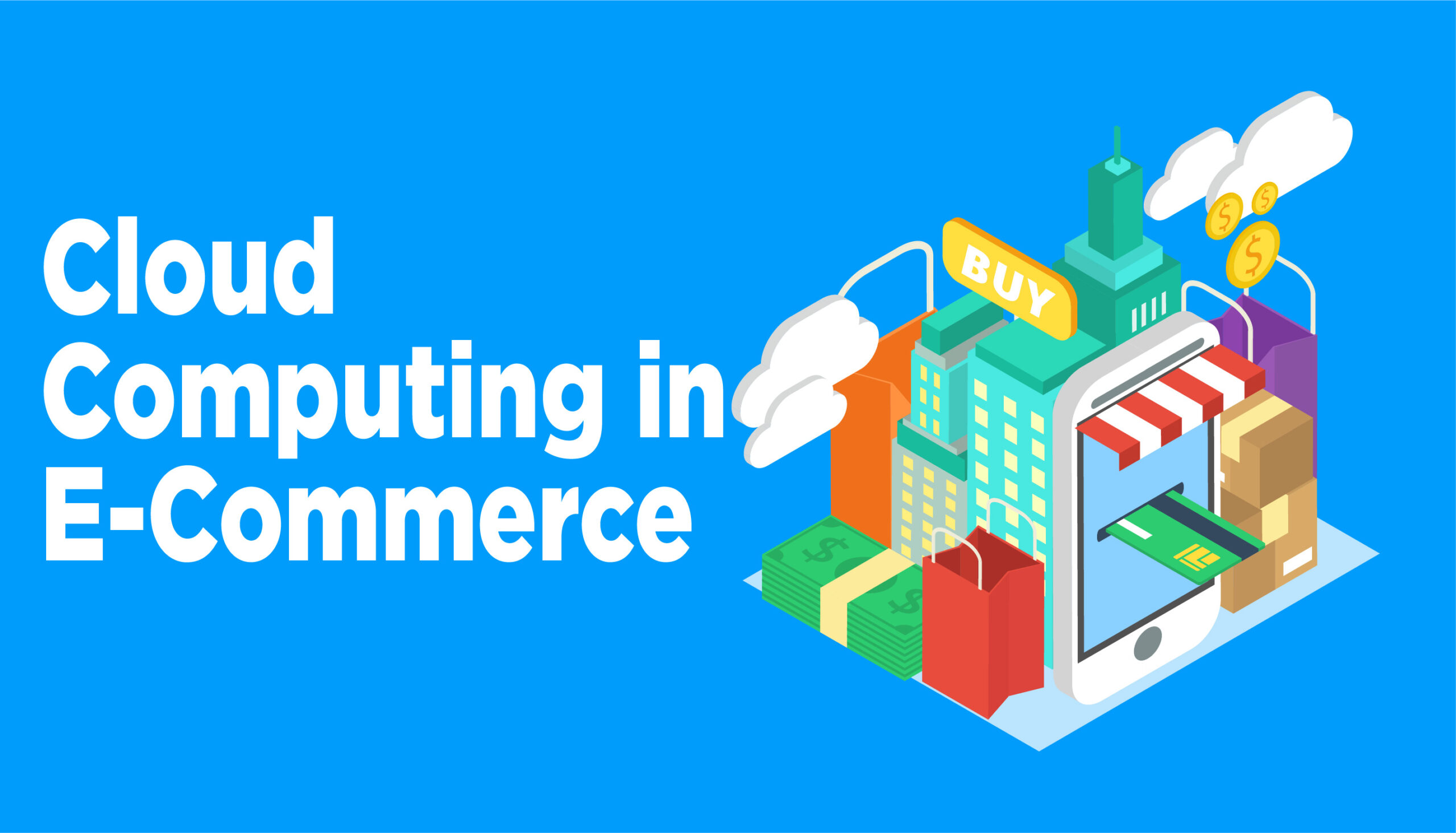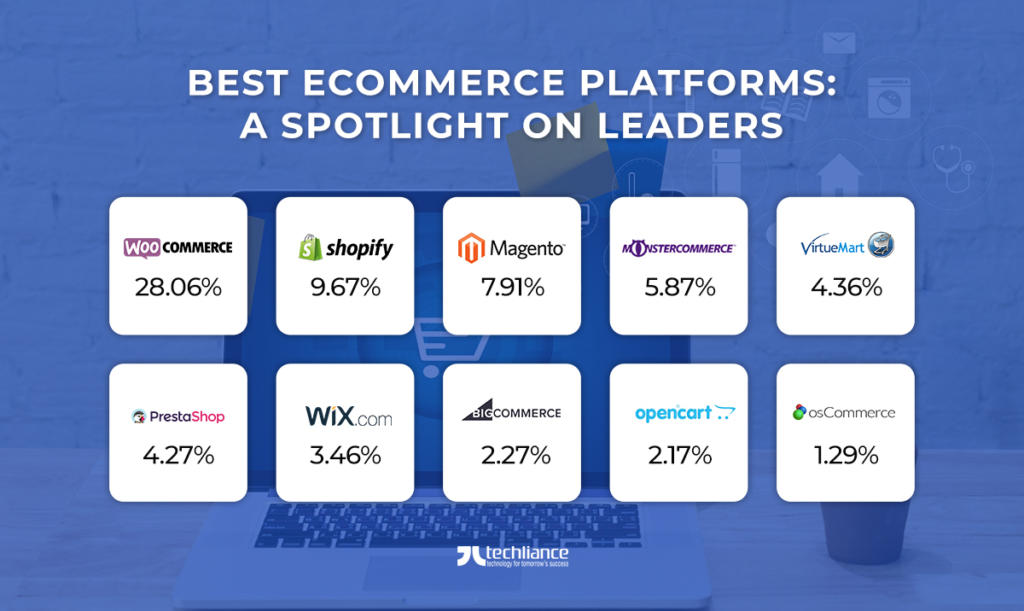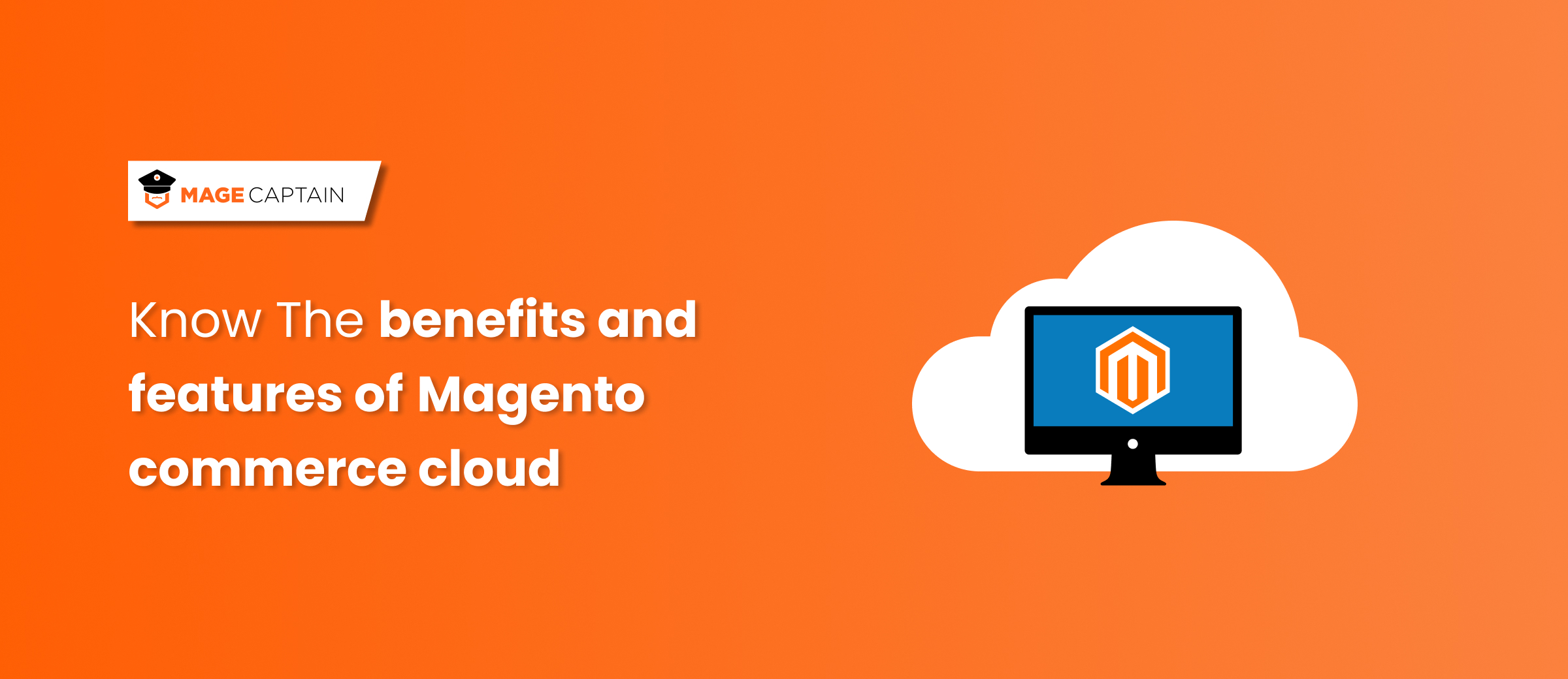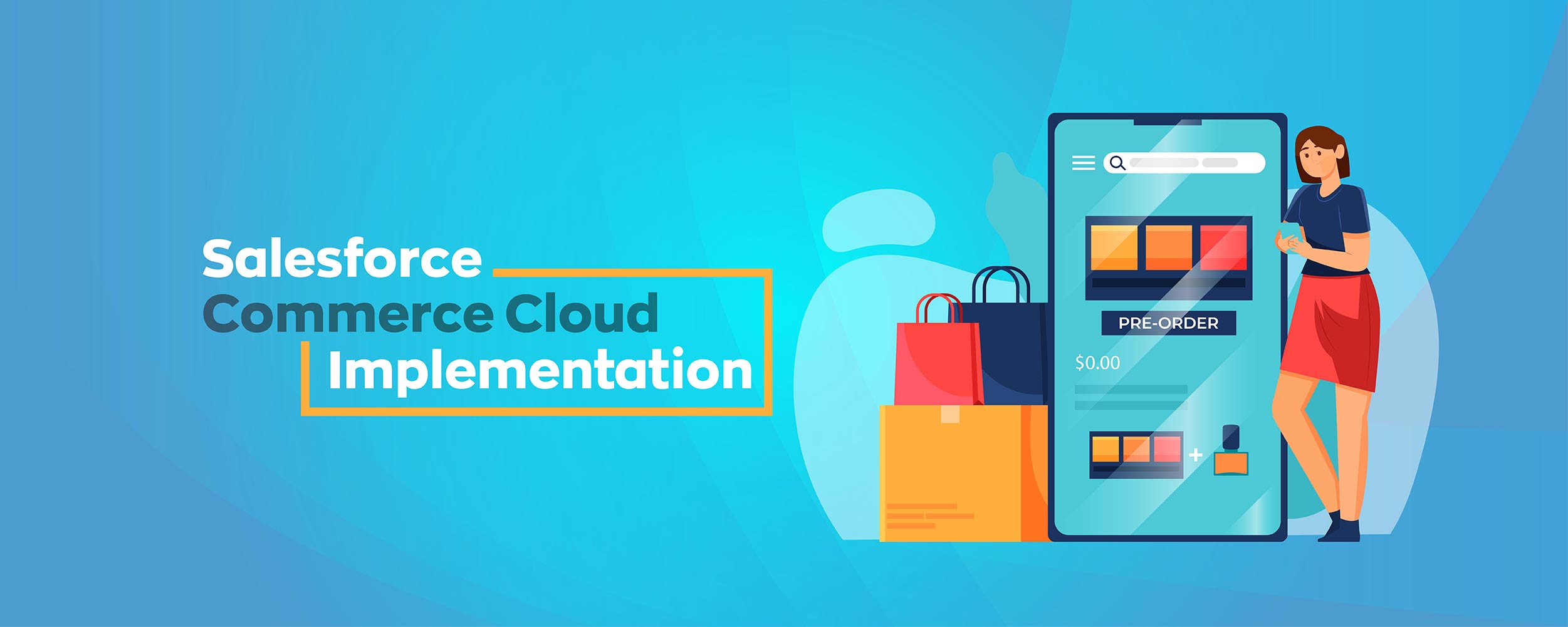Understanding Cloud-based E-commerce Platforms
Cloud-based e-commerce platforms have revolutionized the way businesses operate online. These platforms offer numerous benefits, including reduced infrastructure costs, increased scalability, and enhanced security. By utilizing cloud technology, businesses can access their e-commerce platforms from anywhere, at any time, and on any device. This flexibility enables companies to adapt quickly to changing market conditions and customer needs.
Popular cloud-based e-commerce platforms include Shopify Plus, BigCommerce Enterprise, Magento Commerce Cloud, and Salesforce Commerce Cloud. Each platform offers unique features and benefits, making it essential for businesses to carefully evaluate their options before making a decision.

How to Choose the Right Cloud-based E-commerce Platform
Selecting the ideal cloud-based e-commerce platform is crucial for businesses seeking to optimize their online operations. To make an informed decision, consider the following factors:
- Scalability: The platform should be able to grow with the business, accommodating increased traffic, sales, and product offerings without compromising performance.
- Security: Robust security measures, such as data encryption, regular backups, and compliance with industry standards, are essential for protecting sensitive customer information and maintaining trust.
- Integration capabilities: Seamless integration with other tools and services, such as CRM, ERP, and marketing platforms, can help streamline operations and improve efficiency.
- Pricing: Evaluate the pricing structure, including any transaction fees, setup costs, and ongoing subscription costs, to ensure affordability and a positive return on investment.
Ultimately, the chosen platform should align with the business’s goals and needs. For instance, a B2B company may prioritize advanced B2B features, while a small startup might focus on affordability and ease of use.

Key Features of Top Cloud-based E-commerce Platforms
Leading cloud-based e-commerce platforms offer a range of essential features designed to streamline operations and enhance customer experiences. These features include:
- Inventory management: Comprehensive inventory tracking tools enable businesses to monitor stock levels, set up automatic reorder points, and avoid stockouts or overstock situations.
- Order management: Centralized order management systems allow businesses to process and fulfill orders efficiently, reducing manual errors and improving customer satisfaction.
- Customer relationship management (CRM): Advanced CRM systems help businesses manage customer interactions, track customer behavior, and personalize marketing efforts to improve customer retention and loyalty.
- Analytics: Robust analytics tools provide valuable insights into sales, traffic, and customer behavior, enabling businesses to make data-driven decisions and optimize their strategies.
By leveraging these features, businesses can automate and simplify various aspects of their e-commerce operations, leading to increased efficiency, reduced costs, and improved customer experiences.
Review: Shopify Plus
Shopify Plus is a leading cloud-based e-commerce platform designed for high-growth and large-scale businesses. Its robust features, scalability, and exceptional performance make it a popular choice among businesses seeking to elevate their e-commerce operations.
Key Features and Benefits
Shopify Plus offers a wide range of features tailored to meet the needs of large businesses, including:
- Scalability: Shopify Plus can handle high traffic volumes and large product catalogs, ensuring seamless performance during peak sales periods.
- Security: As a Level 1 PCI DSS compliant platform, Shopify Plus provides enterprise-grade security features to protect sensitive customer data and maintain trust.
- Integration capabilities: Shopify Plus integrates seamlessly with various third-party tools and services, enabling businesses to streamline their workflows and improve operational efficiency.
- Customization options: With Shopify Plus, businesses can fully customize their storefronts using custom themes, scripts, and checkout options to create unique shopping experiences.
- Automation: Shopify Plus’s automation tools, such as Launchpad and Scripts, allow businesses to automate complex tasks, reducing manual errors and freeing up resources.
Real-life Examples and Case Studies
Several businesses have experienced significant growth and success using Shopify Plus. For instance, Kylie Cosmetics, founded by Kylie Jenner, leveraged Shopify Plus to manage its meteoric rise in sales, handling over 200,000 orders in a single day during product launches.
Potential Drawbacks
While Shopify Plus offers numerous benefits, it may not be the best fit for all businesses. Some potential drawbacks include:
- Limited native multilingual support, which may require third-party apps or custom solutions.
- Higher costs compared to other cloud-based e-commerce platforms, which may be prohibitive for some businesses.
Despite these potential drawbacks, Shopify Plus remains a powerful and popular choice for high-growth and large-scale businesses seeking a reliable and customizable cloud-based e-commerce platform.

Review: BigCommerce Enterprise
BigCommerce Enterprise is a powerful cloud-based e-commerce platform designed for fast-growing and large-scale businesses. With its extensive features, flexibility, and strong performance, it has become a popular choice among businesses looking to expand their e-commerce capabilities.
Unique Selling Points
BigCommerce Enterprise offers several unique selling points, including:
- Scalability: BigCommerce Enterprise can handle large product catalogs and high traffic volumes, ensuring smooth performance during peak sales periods.
- Security: As a PCI DSS compliant platform, BigCommerce Enterprise provides robust security features to protect sensitive customer data and maintain trust.
- Integration capabilities: BigCommerce Enterprise integrates seamlessly with various third-party tools and services, enabling businesses to streamline their workflows and improve operational efficiency.
- Customization options: With BigCommerce Enterprise, businesses can fully customize their storefronts using custom themes, APIs, and checkout options to create unique shopping experiences.
- No transaction fees: Unlike some competitors, BigCommerce Enterprise does not charge transaction fees, allowing businesses to save on costs.
User Interface and Performance
BigCommerce Enterprise boasts an intuitive and user-friendly interface, making it easy for businesses to manage their online stores. Its performance is also noteworthy, with fast page load times and reliable uptime, ensuring a positive user experience for customers.
Comparison with Shopify Plus and Other Platforms
Compared to Shopify Plus, BigCommerce Enterprise offers more built-in features and does not charge transaction fees. However, Shopify Plus has a more extensive app ecosystem and a larger user base, which may be beneficial for certain businesses.
When compared to Magento Commerce Cloud, BigCommerce Enterprise has a more user-friendly interface and requires less technical expertise. Magento Commerce Cloud, on the other hand, offers more customization options and flexibility, but may have a steeper learning curve.
Overall, BigCommerce Enterprise is a strong contender in the cloud-based e-commerce platform market, offering a balance of features, flexibility, and performance at a competitive price point.

Review: Magento Commerce Cloud
Magento Commerce Cloud is a highly customizable and scalable cloud-based e-commerce platform, catering to businesses with complex requirements and large product catalogs. Its robust features and flexibility make it a popular choice for B2B and B2C businesses looking to create unique and engaging online shopping experiences.
Customization Options
Magento Commerce Cloud offers extensive customization options, enabling businesses to tailor their online stores to their specific needs and preferences. With its open-source architecture, businesses can modify the platform’s core functionality, design, and integrations using APIs, custom themes, and third-party extensions.
Scalability
Magento Commerce Cloud is designed to handle high traffic volumes and large product catalogs, making it suitable for businesses experiencing rapid growth or managing extensive inventories. Its cloud-based infrastructure ensures seamless scalability, allowing businesses to adapt to changing demands without worrying about server limitations.
B2B Features
Magento Commerce Cloud offers a wide range of B2B features, including custom catalogs, price negotiations, quote management, and quick order forms. These features help businesses streamline their B2B operations, improve customer experiences, and foster long-term relationships with their clients.
Concerns and Learning Curve
While Magento Commerce Cloud offers numerous benefits, it may have a steeper learning curve compared to other cloud-based e-commerce platforms. Its extensive customization options and open-source architecture can be overwhelming for businesses without technical expertise. However, with proper guidance and support, businesses can leverage Magento Commerce Cloud’s powerful features to create successful online stores.
Comparing with Other Platforms
Compared to Shopify Plus, Magento Commerce Cloud offers more customization options and flexibility, but may require more technical expertise. Shopify Plus, on the other hand, has a more user-friendly interface and a larger app ecosystem.
When compared to BigCommerce Enterprise, Magento Commerce Cloud provides more customization options and B2B features, but may have a steeper learning curve. BigCommerce Enterprise, however, offers a more user-friendly interface and requires less technical expertise.
In conclusion, Magento Commerce Cloud is an ideal choice for businesses seeking a highly customizable and scalable cloud-based e-commerce platform. Its extensive features and flexibility make it suitable for businesses with complex requirements and large product catalogs, particularly in the B2B sector.

Review: Salesforce Commerce Cloud
Salesforce Commerce Cloud is a robust cloud-based e-commerce platform that offers AI-driven personalization, powerful marketing tools, and seamless integration with other Salesforce products. Its AI-powered capabilities enable businesses to deliver tailored shopping experiences, enhancing customer engagement and driving conversions.
AI-Driven Personalization
Salesforce Commerce Cloud’s AI-driven personalization engine analyzes customer behavior, preferences, and purchase history to deliver tailored product recommendations, promotions, and content. This level of customization helps businesses create engaging and relevant shopping experiences, fostering customer loyalty and increasing sales.
Robust Marketing Tools
Salesforce Commerce Cloud offers a wide range of marketing tools, enabling businesses to create targeted campaigns, manage email marketing, and track customer interactions. These features help businesses optimize their marketing efforts, reach new audiences, and improve overall performance.
Seamless Integration with Salesforce Products
As part of the Salesforce ecosystem, Commerce Cloud integrates seamlessly with other Salesforce products, such as Salesforce CRM, Service Cloud, and Marketing Cloud. This integration allows businesses to streamline their operations, share data across platforms, and provide a consistent customer experience.
B2B and B2C Capabilities
Salesforce Commerce Cloud caters to both B2B and B2C businesses, offering features tailored to each segment. For B2B businesses, Commerce Cloud provides custom catalogs, price negotiations, and quote management. For B2C businesses, Commerce Cloud offers product recommendations, promotions, and content personalization.
Comparing with Other Platforms
Compared to Shopify Plus, Salesforce Commerce Cloud offers more advanced AI-driven personalization and robust marketing tools, but may have a steeper learning curve. Shopify Plus, on the other hand, has a more user-friendly interface and a larger app ecosystem.
When compared to BigCommerce Enterprise, Salesforce Commerce Cloud provides more advanced AI-driven personalization and seamless integration with other Salesforce products, but may require more technical expertise. BigCommerce Enterprise, however, offers a more user-friendly interface and requires less technical expertise.
In conclusion, Salesforce Commerce Cloud is an ideal choice for businesses seeking a cloud-based e-commerce platform with advanced AI-driven personalization and robust marketing tools. Its seamless integration with other Salesforce products makes it particularly suitable for businesses already using Salesforce products or looking to streamline their operations.

Comparing the Top Cloud-based E-commerce Platforms
After exploring the features, benefits, and drawbacks of various cloud-based e-commerce platforms, it’s time to compare and contrast their key aspects. This summary will help businesses make informed decisions based on their unique requirements, size, and industry.
Shopify Plus
Shopify Plus is a scalable and user-friendly platform with robust features, making it an excellent choice for businesses of all sizes. Its extensive app ecosystem, strong customer support, and affordable pricing make it a popular choice for B2C businesses. However, it may not be as suitable for B2B businesses with complex requirements.
BigCommerce Enterprise
BigCommerce Enterprise offers powerful built-in features and competitive pricing, making it a cost-effective solution for businesses with high sales volumes. Its user-friendly interface and strong SEO capabilities cater to both B2B and B2C businesses. However, it may lack the extensive app ecosystem of Shopify Plus.
Magento Commerce Cloud
Magento Commerce Cloud is an ideal choice for businesses seeking extensive customization options and scalability. Its B2B features and open-source nature make it suitable for large enterprises with complex requirements. However, its steep learning curve and higher cost may deter smaller businesses.
Salesforce Commerce Cloud
Salesforce Commerce Cloud is a robust platform with advanced AI-driven personalization and marketing tools. Its seamless integration with other Salesforce products makes it an attractive option for businesses already using Salesforce products or looking to streamline their operations. However, it may require more technical expertise and have a steeper learning curve.
Recommendations
When selecting a cloud-based e-commerce platform, businesses should consider their unique needs, size, and industry. For B2C businesses seeking a user-friendly platform with an extensive app ecosystem, Shopify Plus or BigCommerce Enterprise may be the best fit. For B2B businesses or those with complex requirements, Magento Commerce Cloud or Salesforce Commerce Cloud may be more suitable.
Ultimately, the right cloud-based e-commerce platform will align with the business’s goals, offer the necessary features, and provide room for growth. By carefully evaluating each platform’s strengths and weaknesses, businesses can make informed decisions and invest in a platform that supports their long-term success.
